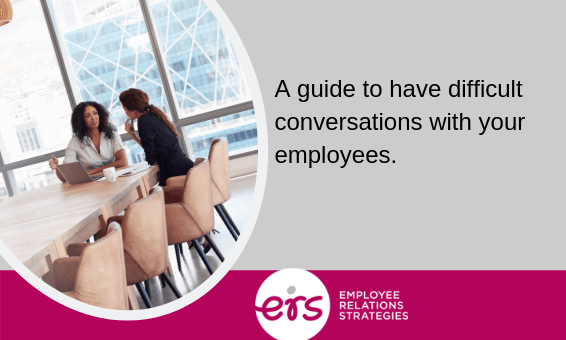
How to have difficult conversations with employees
Do you dread having to sit your employees down to deliver ‘bad news’ for them about their performance? Do you put off having difficult conversations with your employees as a result?
Join the ER Essentials Community.

Do you dread having to sit your employees down to deliver ‘bad news’ for them about their performance? Do you put off having difficult conversations with your employees as a result?
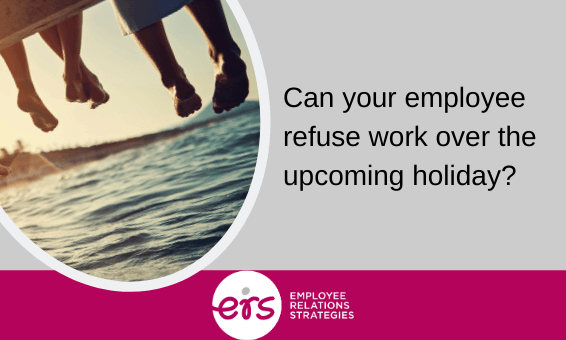
What are an employer’s rights to require an employee to work on a public holiday? What are the employee’s rights not to work? We consider the requirements under the Fair Work Act.

We recently had a client pose the question “Can we monitor an employee’s emails and what are the privacy concerns?” In researching the answer we came to the conclusion that the law is very confusing, with no one committing absolutely clearly what an employer’s obligations are. However, we offer a practical solution to the issue.
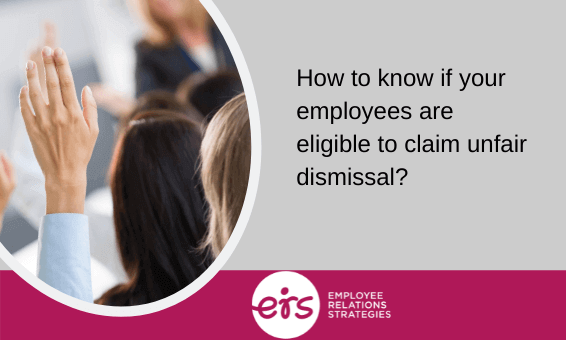
There are a number of factors that determine an employee’s eligibility to make an unfair dismissal claim. Just because an employee may feel as if they’ve been wronged, doesn’t necessarily mean that they are eligible to make an unfair dismissal claim.

Workplace issues pose a number of unique challenges to businesses of all sizes. From day-to-day employee management to specific problems such as absenteeism or situations that result in firing an employee, employers are often required to take a specific action

In 2020 and 2021, businesses were forced into a reactive approach to COVID-19, having to quickly implement work from home processes, putting together COVID-19 safety plans and assessing COVID-19 vaccination strategies and policies in quick succession.
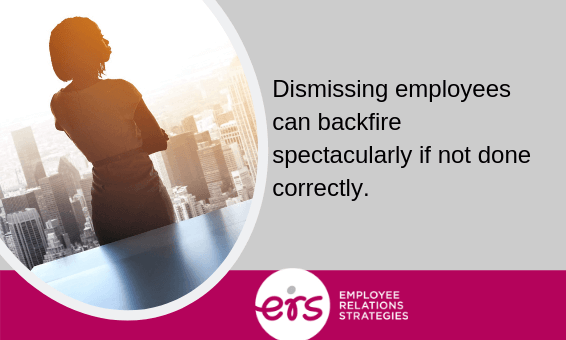
We often hear our clients say “Help me get this person out of my business!” We like to hear this, as we can provide the correct advice on how to either safely terminate an employee, or manage them to improve their performance so they can provide value to the business.

As with the normal workplace, the employer has a responsibility to take reasonable steps to ensure employee safety and health and to provide an environment free from harassment and discrimination. Inappropriate behaviour at staff functions, which can be attributed to “good cheer” which often accompany these social events, can lead to employers being held liable.
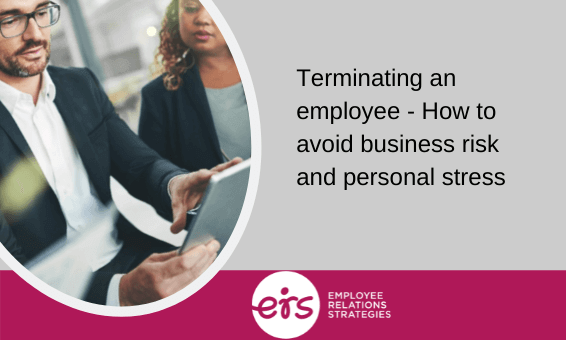
The termination of an employment relationship can carry risks for a business, especially if the employee doesn’t agree with the decision. Employer-initiated termination falls into two categories, dismissal of an employee or a genuine redundancy situation. As an example, an employee may be dismissal due to their continued poor performance whilst an employee can be made redundant due to their role no longer being needed within the business.
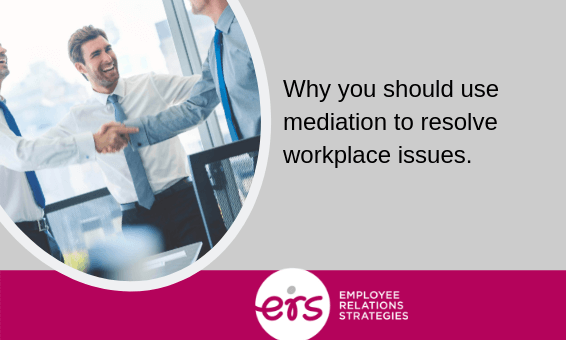
Conflicts or disagreements within the workplace are common, and often unavoidable. As a result, it is something employers need to have a strategy to come to a resolution without letting the conflict or disagreement develop and impact on the wider workforce and business as a whole.
Get the latest HR/ER/IR Updates and news that could affect your business straight into your inbox.